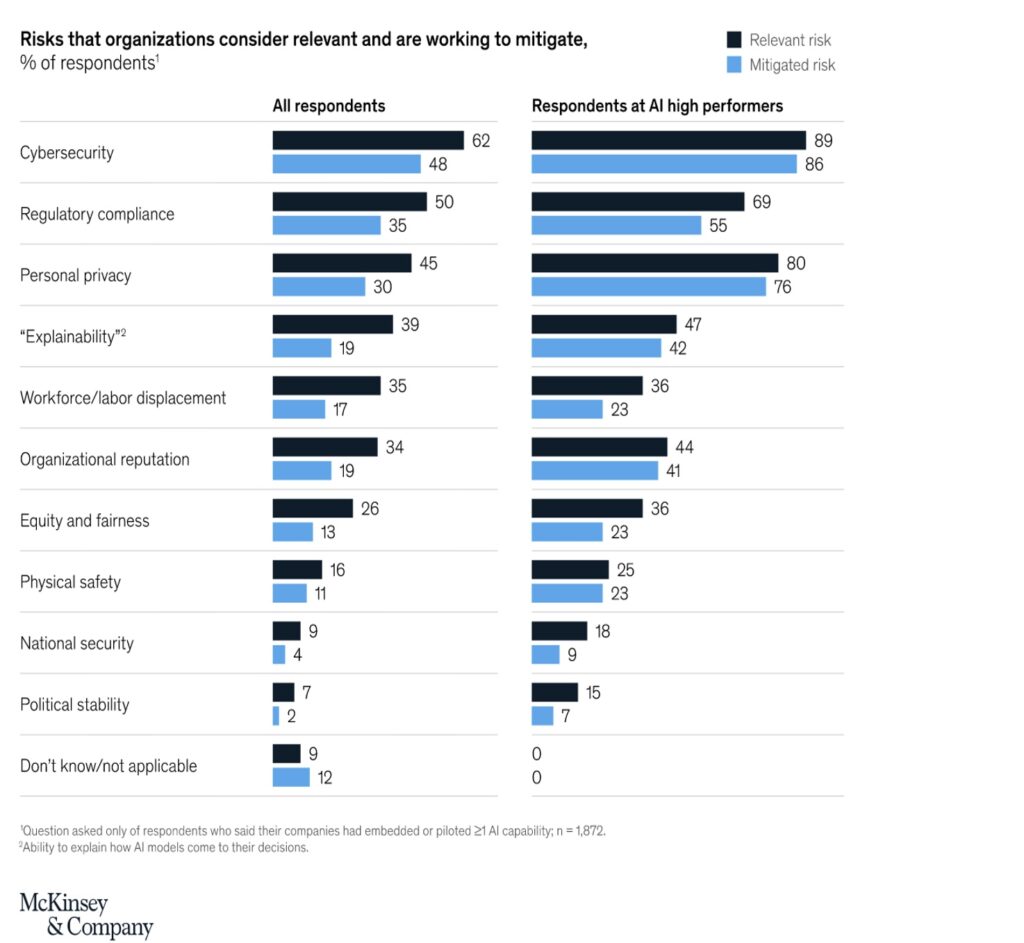Digital transformation involves reshaping policies, procedures, and strategies into a coherent, data-driven, customer-centric business approach. It offers a wide range of benefits to businesses and is rapidly becoming an indispensable, rather than merely advantageous, modus operandi.
Artificial intelligence (AI) plays an important role in successful digital transformations, especially for businesses as large as pharmaceutical companies. AI can be used to leverage customer and corporate data for a full, 360º view of one’s customers and allows businesses to be proactive and predictive rather than reactive and sluggish. It has been used with great success to streamline supply chains and reduce costs and delays in everything from drug discovery to market access.
Indeed, miracles abound for pharma boards with the knowledge and understanding necessary to use AI to its full (and ever-growing) potential. Despite this, many pharma boards have been slow to master this critical new tool.
What Pharma Boards Need to Know about AI
Get beyond the buzzword. There’s a tendency to think that AI and common extensions like machine learning (ML) and deep learning (DL) are impenetrably complex. But board members do not need to know the technical details of how to program AI algorithms. They only need to know the practical outcomes, advantages, and risks of AI as they relate to company operations. Such an understanding will enable them to devise strategy and direct a company in the digital era.
Digital strategy is the responsibility of the board. Despite a historical tendency among board members to “leave the technical details” to specialists in the company, AI implementation, along with the presiding strategies that govern its use, cannot be left to a single department—even the IT department. AI is not a single tool; it is a heterogeneous, multi-level, multi-domain approach to problem-solving with near-endless applications. In addition, AI is most effective when strategy is aligned across departments and when data analysis follows a logical and productive flow. In other words, the use of AI in the discovery and development of new molecules should inform its use downstream—in manufacturing, marketing and sales, pricing and market access, and on to prescription and use. The reverse is also true. Thus, an effective digital strategy requires a company-wide perspective, one that may not be available to department heads or any one department.
There are risks as well as benefits. The board is uniquely qualified and placed to provide a critical level of oversight—and indeed, ultimately bears this responsibility. Savvy firms with effective AI strategies are conscious of these risks. McKinsey’s 2019 Global AI Survey shows that respondents at AI high performers are keenly aware of a variety of AI-related risks, including cybersecurity, regulatory compliance, personal privacy, explainability, threats to the workforce (both real and perceived), and more. More importantly, top performers are already taking action to mitigate these risks to a significantly greater degree than the average.

AI is not a magic wand; it cannot be used indiscriminately or without oversight. Boards who think otherwise are in for a rude awakening, as this hot-button, highly public issue makes its way into more and more regulations and draws ever greater attention.
How to Get Your Board Ready for AI
Fortunately, the benefits, when implemented properly and in a thoughtful manner, far outweigh the risks, which require only that a board be well-prepared to address them. Here are a few ways boards can ensure success.
1. Make a concerted effort to learn more about AI. It may seem self-evident, but the first and best thing board members can do is to simply make time to learn more about AI. Board members may deal with tight schedules and high levels of stress, but AI is quickly becoming an integral tool in modern business operations. It can no longer be left to the side. There is no shortage of resources for boards—including, of course, Eularis’ own AI-cademy and online resources.
2. Audit current and nascent uses of AI in the business. Once you’re armed with sufficient knowledge of AI, the next step is to understand how it’s being used in your business today. A proper audit needn’t be time-consuming or costly, and it will give you insight into the problems in your company that AI is currently being used to solve, as well where important opportunities lie.
3. Build out strategies for effective and ongoing governance and oversight. The audit above should look at regulatory, legal, and brand risks. Set up regular meetings with executives and management to discuss policies, implementation, prevailing attitudes, training, compliance, and more. You can access a useful Oversight Toolkit from the World Economic Forum here.
4. Board members ultimately answer to stakeholders and shareholders—make sure to include them in this conversation and be prepared to defend digital choices made by the board (which, when data-driven, is done easily enough). Ensure managers and employees have frequent opportunities to voice concerns, make suggestions, and ask questions. Supplement this with regular training (including for board members).
Does AI Pose a Threat to the Board?
The short answer is, no. Novel uses are being found for AI daily, and developers certainly have their sights set on creating more sophisticated algorithms that more closely approximate human intelligence. But, at least for the foreseeable future, the roles of the board in strategy, governance, and company direction are safe. Rather, AI is a tool to supplement (not replace) high-level decision-making.
And this should be the approach of board members vis-à-vis AI: understanding how to wield it as effectively as possible. If AI poses any kind of threat to board members, it is that a good grasp of its implementation and the associated risks and benefits are quickly becoming a mission-critical skill. An article in the Harvard Business Review sums up these imminent changes nicely:
“We foresee a shift away from traditional fiduciary responsibilities to a more advisory role. NEDs [non-executive directors] could likely spend more of their time as internal consultants and advisors to the CEO and management. NEDs will need to have a strong understanding of business models and customer preferences while industry and geographically-diverse experience, business networks and connections will be at a premium. NEDs would also need to acquire new skills related to cyber-security, gig-economy governance, tech-ethics, behavioral economics, up-skilling and re-skilling employees, reputation management, and stewarding a purpose-driven organization.”
Conclusion
Artificial intelligence is a powerful tool. Boards that do not embrace its use will soon see their firms left behind. Fortunately, a basic understanding of AI and the issues surrounding it will allow board members to implement effective digital strategies, maintain relevance, and successfully lead their companies and stakeholders through the years to come.
Found this article interesting?
If you are looking for more insights into how Artificial Intelligence and FutureTech can be strategically applied in pharma and would like us to present the key ‘need to know’ issues to your board, we can help.
At Eularis, we are here to ensure that AI and FutureTech underpins your pharma success in the way you anticipate it can, helping you achieve AI and FutureTech maturation and embedding it within your organisational DNA.
If you need help to leverage AI to identify how to leverage generative AI into your leadership plan to increase operational efficiencies and speed up revenue growth, then contact us to find out more.
We are also the leaders in creating future-proof strategic AI blueprints for pharma and can guide you on your journey to creating real impact and success with AI and FutureTech in your discovery, R&D and throughout the biopharma value chain and help identify the optimal strategic approach that moves the needle. Our process ensures that you avoid bias as much as possible, and get through all the IT security, and legal and regulatory hurdles for implementing strategic AI in pharma that creates organizational impact. We also identify optimal vendors and are vendor-agnostic and platform-agnostic with a focus on ensuring you get the best solution to solve your specific strategic challenges. If you have a challenge and you believe there may be a way to solve it with AR but are not sure how, contact us for a strategic assessment.
See more about what we do in this area here.
Contact Dr Bates on Linkedin here.
Listen to the AI for Pharma Growth Podcast on
For more information, contact Dr Andree Bates abates@eularis.com.

